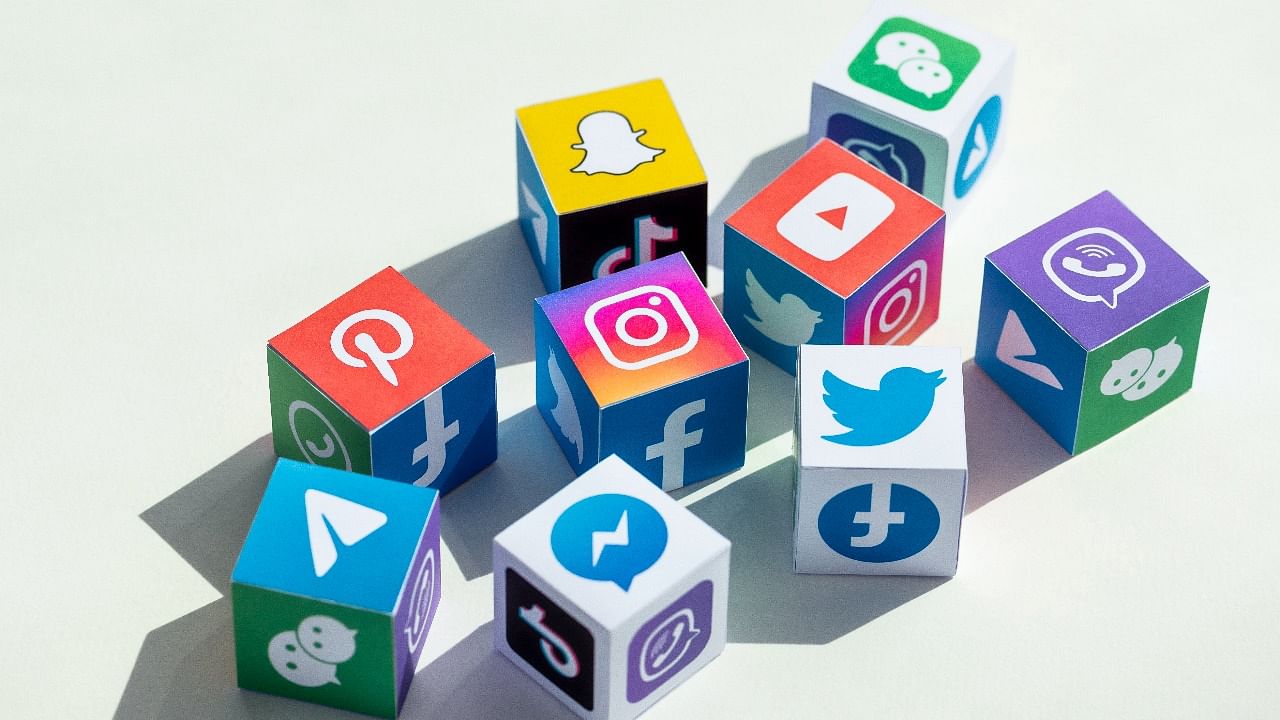
With the democratisation and rampant growth of access to social media across the globe, the internet came to be a place where individuals can voice their opinions. People take to the internet when it comes to daily news, formulating their own ideologies, taking a stand, and being able to exercise freedom of speech. However, this has also given birth to incessant online trolling. Media is rife with gendered hierarchies and women are almost always at the receiving end of online violence.
Gender socialisation and differential conditioning has created different narratives and standards that classify men as boorish, masculine, and outspoken. Women on the other hand, are expected to be more docile and submissive. Therefore, the idea of a woman being assertive and voicing her opinions is immediately seen as a threat and attacked online. It is also observed that most threats against women follow a Hindutva ideology that primarily aims to preserve the gender hierarchy and believe that ‘outspoken’ women deserve to be shown their place or chastised (Chapman, 2014).
For Rana Ayyub, a left-leaning journalist, trolling isn’t uncommon. She has been subjected to pornographic videos with her face morphed into it, rape threats, death threats, and expletives. What’s more, she was also sent burnt and torn copies of her book ‘Gujarat Files’ to her home address (Khybri, 2018). This exemplifies how virtual trolling can also translate into real-life stalking and violence. Journalist Gauri Lankesh, a staunch critic of BJP, Hinduism, and the caste system was assassinated outside of her house post which the murderer confessed to doing so in order to “save his religion” (Kalkod, 2018).
As internet ensures anonymity, trolls freely engage in attacking individuals online without the fear of content and actions being traced back to them. Everything can be faked: gender, caste, class, nationality, location, religion, etc. The identity deception that social media offers makes trolling possible (Ganguly, 2020).
The perfect example of this is the Bois Locker Room incident. It is extremely easy to create a group and share pictures while further objectifying and sexualising them verbally. Most of them even thought that deleting the group and their accounts would lead to the screenshots never being traced back to them (Ganguly, 2020). This also suggests why it becomes more important to speak up and put the onus of blame on the perpetrators rather than the victims.
When it comes to online violence, the marginalised are targeted more often. Muslim women were subjected to 94.1% more trolling when compared to women from other ethnicities and religions in a study by Amnesty International, 2020. Bulli Bai, the app that auctioned Muslim women in India, mostly targeted journalists and activists that outwardly spoke against Islamophobia and sexism. They were commodified and sold. These extreme exercises in hyper-nationalism and hate crimes have severe consequences in real life behavior too.
While most social media platforms claim to be the safest places online, they usually fail to translate this into real-time action and accountability. The criteria under which Twitter can take action against a tweet or account are blurred, unfair, and opaque. While the rules against abuse exist, they lack specific action and steps towards women and the marginalised. Therefore, it would do well by including caste and religious discrimination in its policies and training.
While Instagram has programs such as ‘Kindness Prom’ and ‘Kind Comments Campaign’ that seem positive, they do not nagate the incompetency and ineffectiveness in dealing with complaints (Lorenz, 2018).
The app was also under the radar for its double standard Nudity Policy that flagged women’s bodies and took down pictures, but failed to follow the same for men.
Trolling spares nobody; a right wing or a left-wing woman, a woman from BJP or Congress, a Muslim or a Hindu, a cisgender or a trans; everyone is trolled albeit in varying degrees. When it comes to women, it seems, anything can be a trigger.
It’s time that individuals are educated on virtual safety, consent, and gender equality. There must also be rules that promise firmer, faster, and more transparent verdicts on social media. Trolls must be held accountable so that women in India can log onto the World Wide Web and enjoy the right to free speech.
(Swara Shah is a student of Psychology and Moitrayee Das is Assistant Professor of Psychology, FLAME University)